
(Continued from last week)
There’s no space for grief. No room designated for families to fall apart after cancer wins. You’re ushered out, sometimes into the same rain that soaked you while you waited on those stone slabs; and you’re supposed to compose yourself, make arrangements, deal with practicalities when every cell in your body wants to collapse.
There’s no counsellor to help you process what just happened, no grief support, no acknowledgment that you’ve just experienced something traumatic that will change you forever.
What makes it harder is that nobody shows you how to navigate any of this. There’s no guidance for families dealing with cancer in our part of the world, no support group where people who’ve survived this can tell you what to expect. You’re making decisions that will haunt you forever with information you barely understand, alone in ways that feel almost cruel.
The trauma doesn’t end when treatment finishes or when they pass away. It lives in your body, in your mind, in the way you move through the world afterward. You become hypervigilant about every symptom, convinced that cancer is coming for you or someone else you love. You avoid hospitals because the smell triggers memories that make you physically ill. You hear someone mention chemotherapy and suddenly you’re back in that corridor, on that stone slab, waiting for news you don’t want to hear.
Sleep becomes difficult long after treatment ends or they’re buried. You wake up at medication times that no longer matter, your body trained by months of round the clock care. You dream about hospital corridors, about treatment rooms. The trauma lives in your subconscious, replaying itself while you sleep.
If they’ve died, financial stress haunts you for years. The debts don’t disappear with death. Medical bills keep arriving months after the funeral. You’re rebuilding a life that was completely destroyed while still paying for the treatment that couldn’t save them. And if they’ve survived, you’re still recovering from the financial devastation, still trying to rebuild while dealing with your own trauma.
The trauma shows up in unexpected ways. You struggle to make decisions because every choice during cancer treatment felt like life or death. You have panic attacks in ordinary situations because your nervous system is permanently set to crisis mode. You isolate yourself because explaining what you’ve been through feels impossible. You need therapy but can’t afford it, still drowning in the financial aftermath of cancer treatment.
Relationships change after cancer. You resent people who complained about minor problems while you were fighting for someone’s life. You distance yourself from friends who disappeared during treatment. You struggle to connect with people who haven’t experienced loss or trauma because you’ve been changed fundamentally.
The anniversaries are brutal. The date of diagnosis, the day treatment started, the last good day, the day they died if they didn’t survive. Each one brings the trauma flooding back as if it happened yesterday. People around you have moved on, but you’re stuck reliving it. And there’s no support for this, no recognition that families need help processing what we’ve been through.
This is what breast cancer awareness month should also be about. Not just early detection and survival rates, but the families who fight this battle alongside their loved ones. We need recognition that our trauma is real and lasting. We need mental health support that continues long after treatment ends or after death. We need financial assistance that acknowledges the devastating cost cancer inflicts on entire families. We need people to understand that we’re not “over it” just because time has passed.
We need support groups where we can talk about the guilt, the anger, the complicated grief without judgment. We need counsellors who understand what families go through. We need employers who recognise that caring for someone with cancer changes you, that some of us are permanently affected by what we’ve been through.
We need hospitals to acknowledge that families need support too. We need spaces where we can rest while waiting, not stone slabs in the rain. We need someone to explain treatment options in ways we can understand. We need rooms where we can fall apart when the worst happens, not corridors where our grief inconveniences other patients. We need acknowledgment that cancer doesn’t just happen to patients, it happens to everyone who loves them.
In our part of the world, we need a complete shift in how we think about cancer care. It’s not just about treating the patient, it’s about supporting the family who becomes their caregivers, their advocates, their emotional support, all while dealing with their own trauma and fear and exhaustion. When one person gets cancer, the entire family gets sick in different ways, and we all need help to survive it.
During breast cancer awareness month, when everyone talks about warriors and survivors and fighters, spare a thought for the families. The daughters who watched their mothers battle. The sisters who became caregivers. The children who grew up too fast in hospital corridors. The partners who held on through everything. We’re survivors too, though nobody calls us that. We survived trauma that changed us fundamentally, and we’re still here, still carrying it, with no support system to catch us when we fall.
We’re the invisible patients of the cancer epidemic, and it’s time someone noticed we’re here, traumatised, struggling and desperately in need of help.
>>>This is Her Space, where we tell the truth about women’s lives. No sugar coating. No apologising. Just real talk about the world we’re navigating together.
>>>the writer is a PR, Marketing & Communications professional and General Secretary of the Network of Women in Broadcasting (NOWIB). A dedicated feminist and advocate for women in media, she champions workplace excellence while empowering voices and building bridges across the industry. Bridget is passionate about amplifying women’s stories and driving positive change in Ghana’s media. She can be reached via [email protected]
The post Her Space with Bridget Mensah: The invisible patients: Why families fighting cancer alongside their loved ones need our help too (Part 2) appeared first on The Business & Financial Times.
Read Full Story

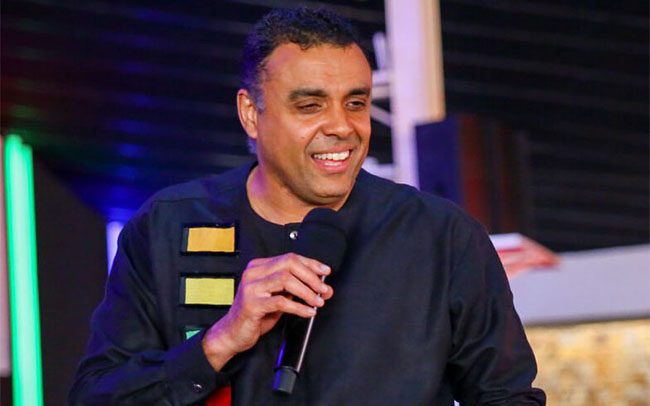


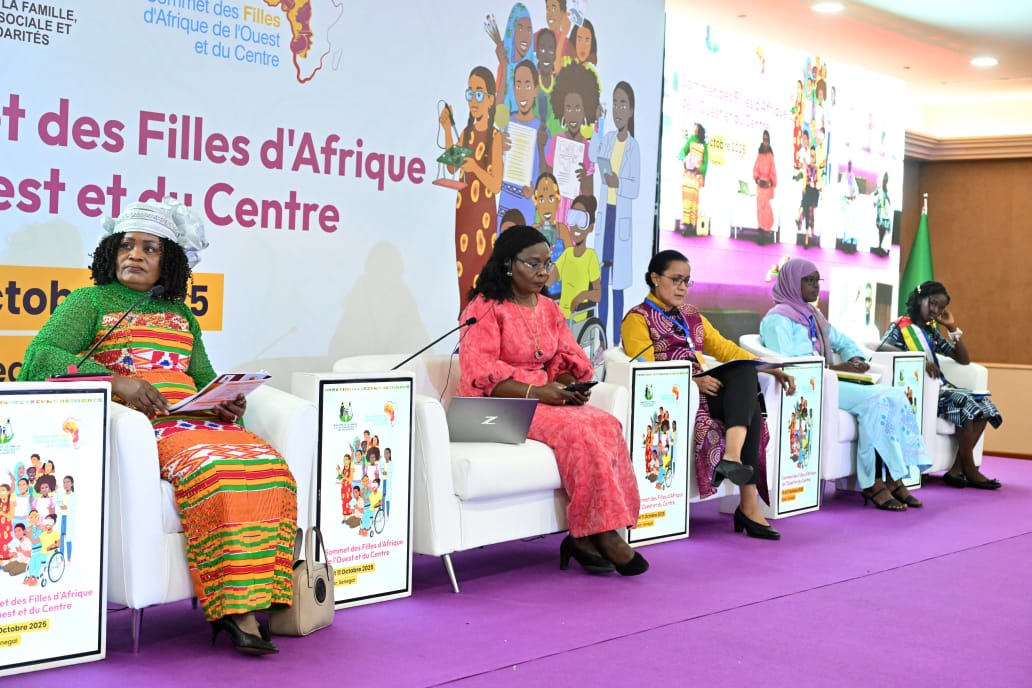


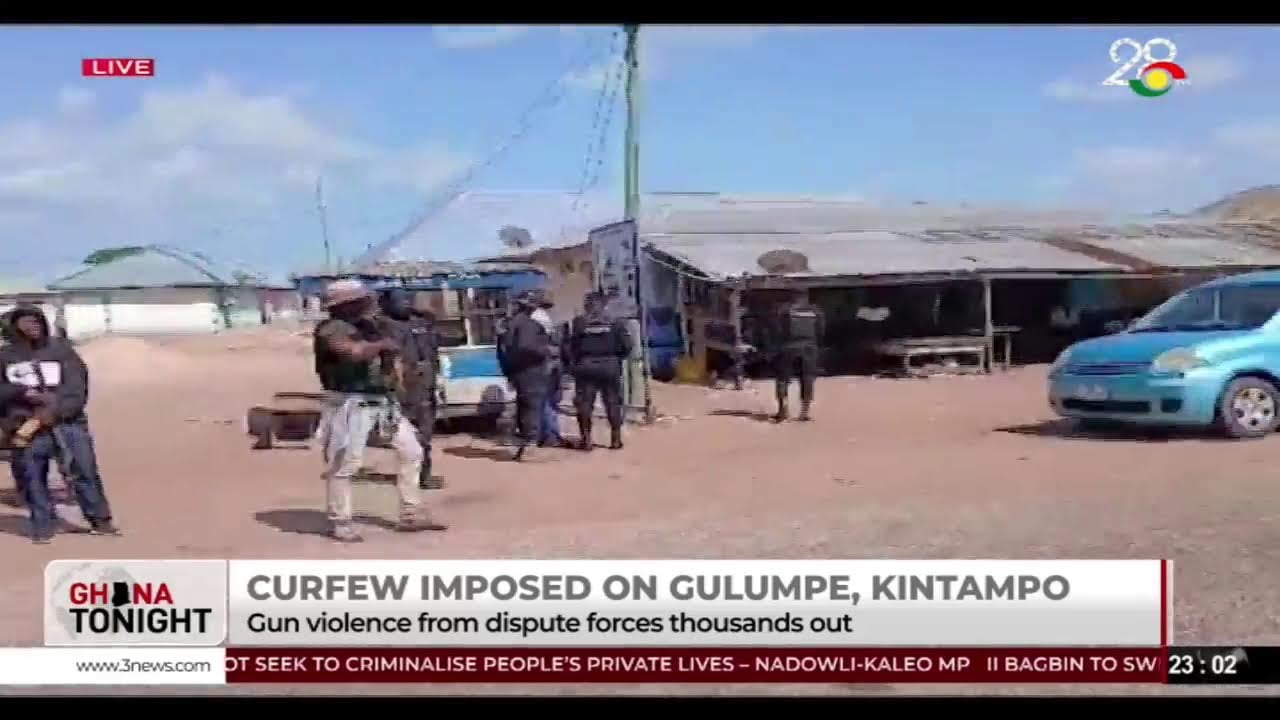
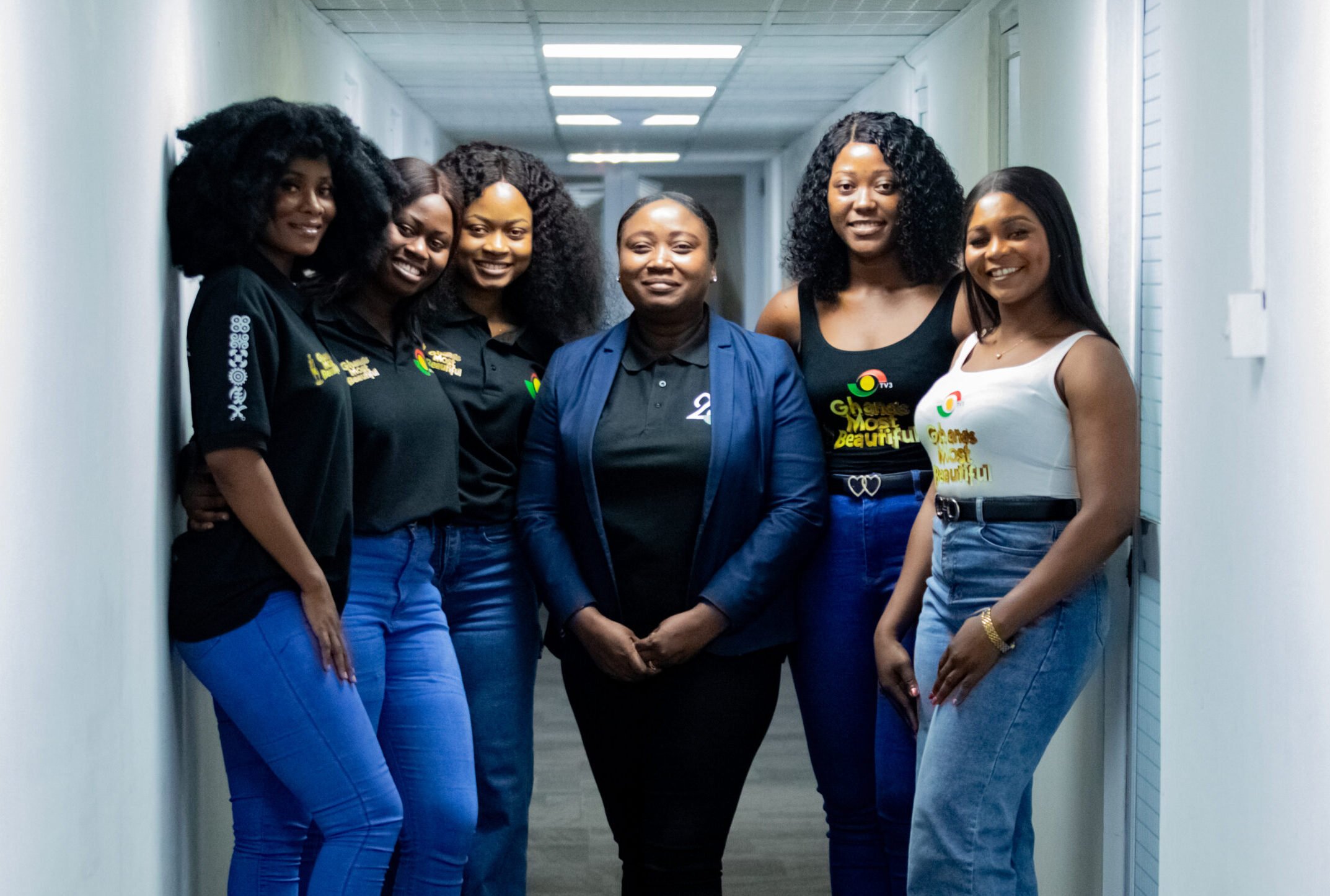
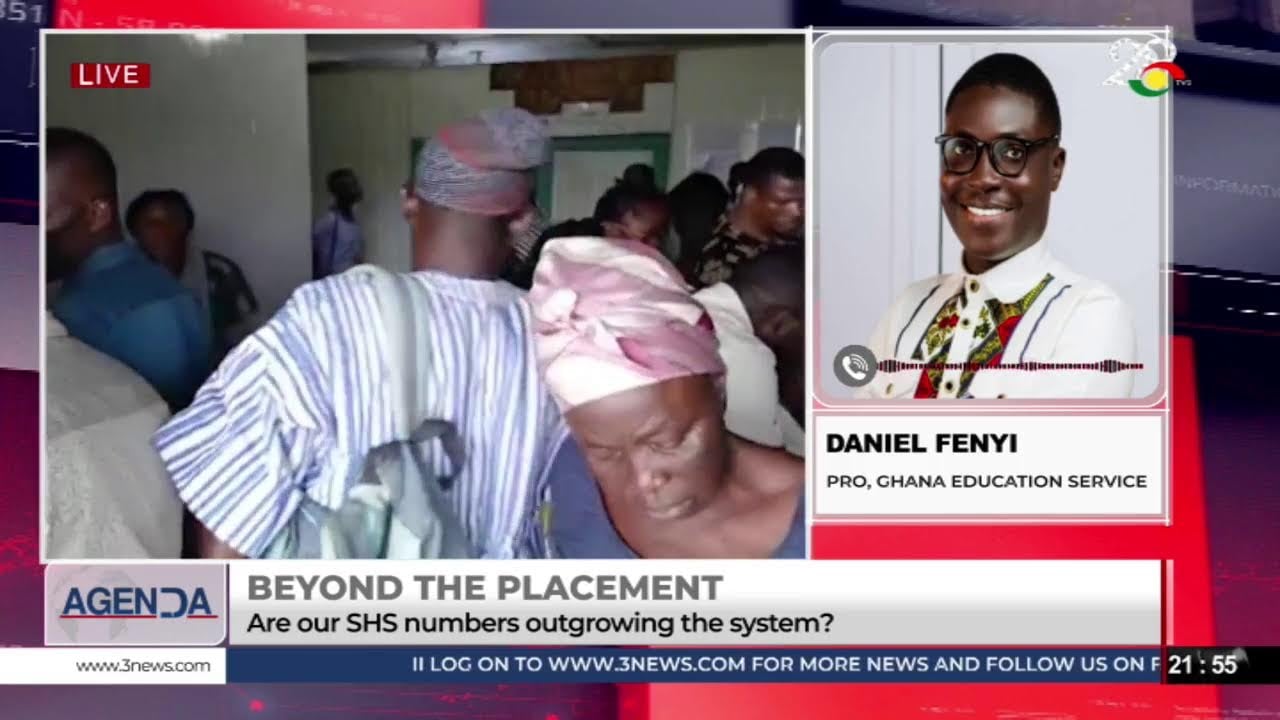






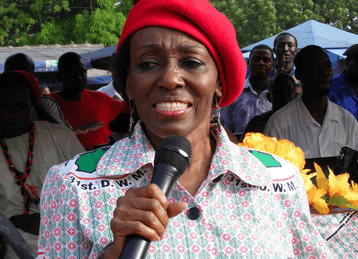


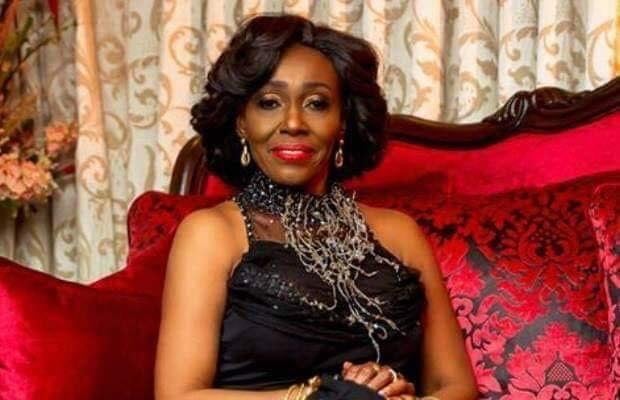


Facebook
Twitter
Pinterest
Instagram
Google+
YouTube
LinkedIn
RSS